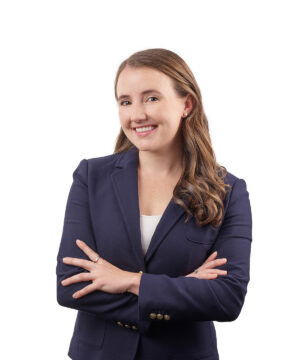Two recent decisions from the Supreme Court of British Columbia have highlighted particular requirements and certain barriers in relation to obtaining an order to compel a plaintiff’s attendance at an independent medical examination (“IME”).
In Gysbers v. Patkunalingam, 2023 BCSC 1278 (“Gysbers”), the defendant in a motor vehicle accident claim sought an order for the plaintiff to attend an IME with a neurologist. The court denied this application for two reasons. First, the application was not brought in a timely manner. The IME application was brought only six weeks before the service deadline, which did not leave sufficient time for the neurologist to prepare a report. Second, the plaintiff had already seen a psychiatrist whose report indicated that the plaintiff had “no neurological symptoms.” The court determined that there was no need for further neurological examination, and found that the urgency of the application was not justified. Therefore, the court declined to grant the defendant’s application for an order compelling the plaintiff to attend an IME.
In Guo v. Stevenson, 2023 BCSC 1284 (“Guo”), the plaintiff claimed to have suffered from tinnitus as a result of a motor vehicle accident. Although the plaintiff had already organized and attended three IMEs, including two with ear, nose, and throat specialists, the defendant applied for their own IME to address the cost of care as claimed by the plaintiff. However, the court found that this fourth IME was unnecessary, as it was not needed to “put the parties on equal footing.” Most of the plaintiff’s symptoms had largely subsided by the time of the application, with the exception of her tinnitus, which was her only lingering injury. The proposed examination was unrelated to her tinnitus, and the plaintiff’s previous examinations had sufficiently covered that symptom. Therefore, Master Schwartz ruled that the proposed assessment was neither proportionate nor necessary to put the parties on equal footing. The application was therefore denied.
These decisions demonstrate that a party looking to obtain an order compelling a plaintiff to attend an IME must first consider the timeliness and utility of the IME. If the timing of the IME does not provide the expert with sufficient time to prepare their report, as in Gysbers, or the proposed examination is not necessary to put the parties on equal footing, as in Guo, the applicant risks their application being denied along with a potential award of costs associated with the failed application. Underwriters ought to be aware of these implications and counsel must determine, as early as possible, whether IMEs may be necessary for the proper defence of the claim.
Should you have any questions or concerns, please feel free to reach out to a member of Miller Thomson’s Insurance Defence group.


